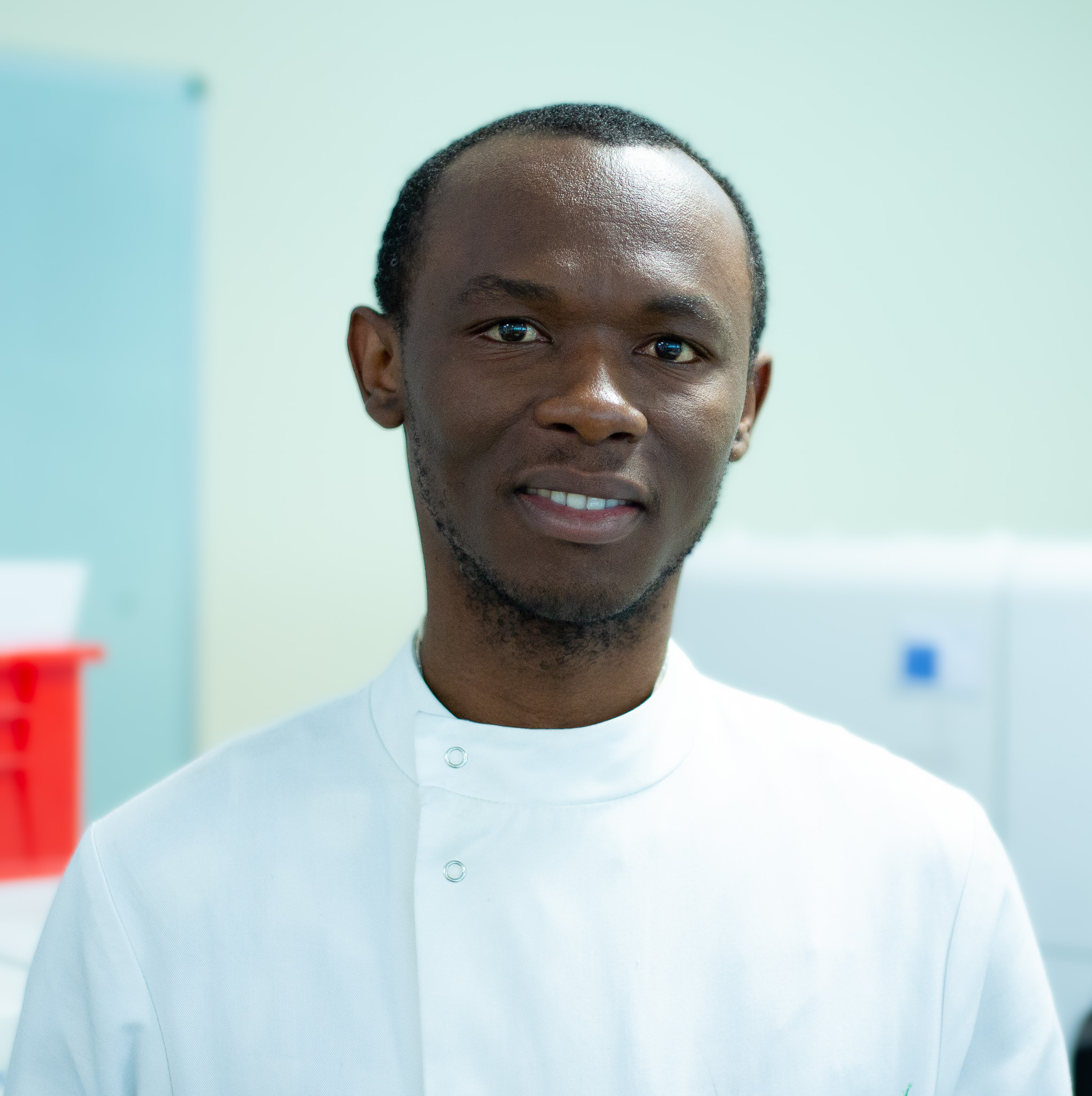
Biomedical Science Day - meet Charles Okafor
If human cells can tell a story, then Charles Okafor is on hand to listen.
As a biomedical scientist with East Kent Hospitals, he can piece together clues from different samples to help build a picture of health issues affecting a patient.
For example, high levels of potassium in the blood could indicate kidney disease; poor diet; poorly controlled diabetes or even incorrect draw of samples.
Charles, 35, works in the blood sciences department, analysing a host of samples of every kind of bodily fluid you can imagine.
Originally trained in Nigeria, he worked in clinical laboratories for several years and later as a biomedical science lecturer before moving to the UK to complete his Masters’ degree.
He said: “I was attracted to biomedical science because of my curiosity when I was younger.
“I love to be involved in the processes that deliver reliable results needed for people’s treatment; we really are the centre of patient care.
“Everyone will be speculating about what might be happening to a patient but a biomedical scientist can confirm what they are suspecting or give them something else to consider. Some diseases have similar signs and symptoms but biomedical scientists can help to identify which one it is.”
The team uses analysers to examine samples and the biomedical scientists then check the results are valid and accurate before they are passed to clinical teams. The role also includes carrying out daily maintenance and calibration on the analysers to ensure they are working as they are expected to.
Charles said: “The best part for me is the validation and authorisation process, because it brings together all the theory and practical knowledge.
“The theories are going round my brain and you put that together with the information you have about the sample and how it was collected, and what you know about the patient’s clinical details and previous laboratory results.
“Everything you have been taught comes into play in that moment.”
The role is not much different in the UK and Nigeria. Power outages in the African country do add an extra layer of challenge meaning the teams in Nigeria developed an alternative method of doing some of the tests manually so reliable results can be produced quickly.
Charles said: “The biggest challenge is the workload which can be stressful. We deal with so many samples from GPs, wards, outpatients and from community nurses and midwives and some of them have turnaround times of just an hour so you have to prioritise your work to avoid compromising the sample.
“But the role is fascinating and there is so much career potential, including outside hospitals.
“Biomedical scientists could work in research institutes, or pharmaceutical and biotechnological companies, as well as food and drink manufacturing industries.
“It is a diverse role, and there are a lot of options for your career.”